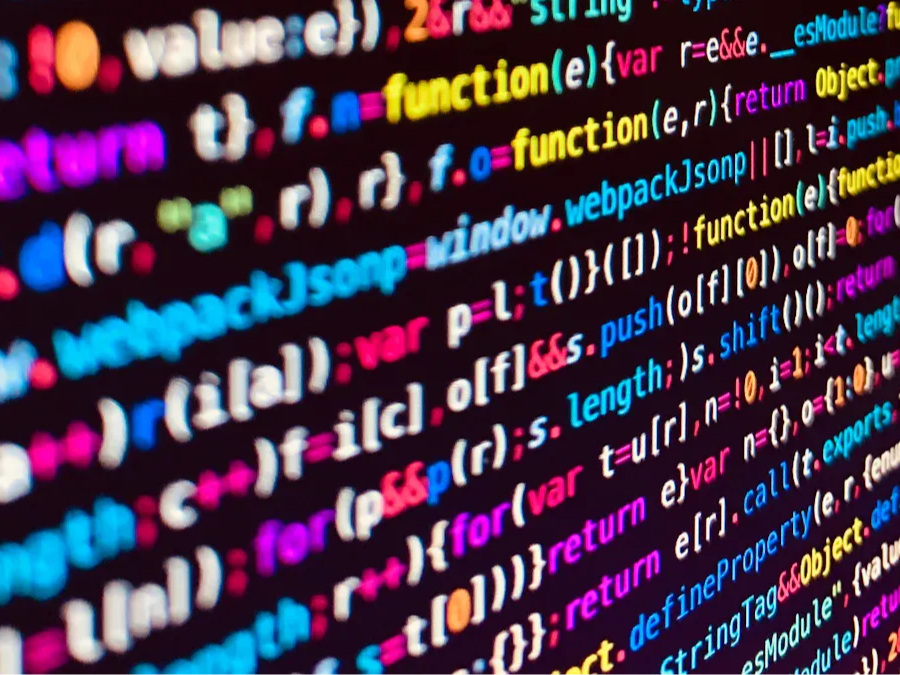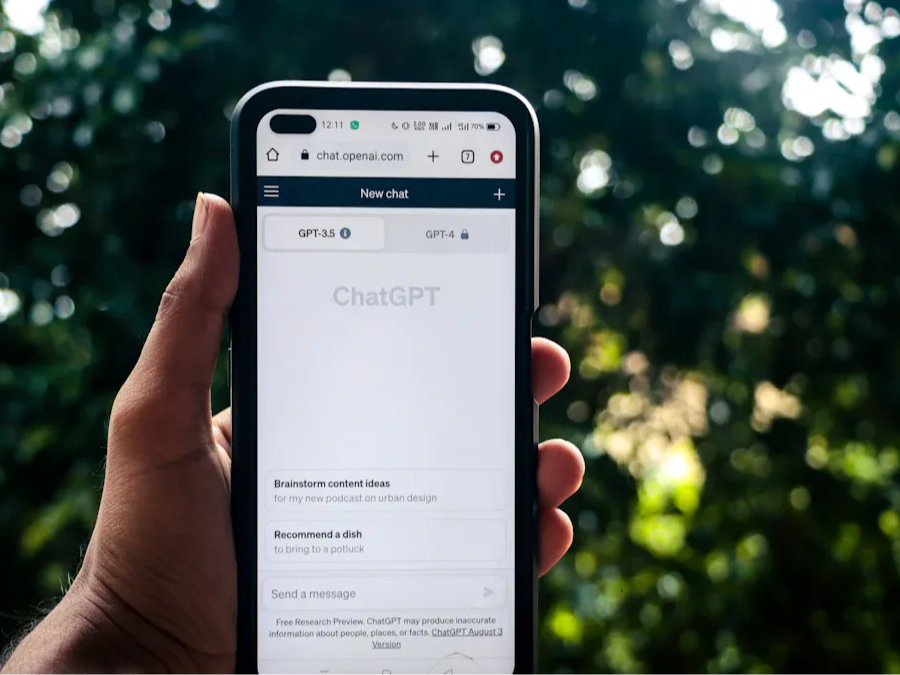Introduction: The Digital Romance Revolution
It's official—dating is now digital. From Gen Z's infinite swipes to millennials falling in love for the long haul on the internet, dating apps are the new matchmakers of the digital age. A whopping 30% of U.S. adults have used a dating site or app, according to Pew Research. But beneath selfies and clever bios is a more profound reality: AI algorithms are redefining how—and who—we love in quiet ways.
AI matchmaking guarantees faster, smarter, and better matches. Are online cupids taking us to soulmates—or shoving us into shallow, addictive routines? While AI is becoming deeply entrenched in the most intimate part of our lives, it's worth examining how these algorithms work and whether they're helping or hurting in the search for profound human connection.
Why Everyone's Using Dating Apps Now
You most likely feel strongly about dating apps if you've used them at all. Spending too much time swiping could lead to burnout, or you could find true love. Additionally, you may love or detest dating apps even more as a result of recent advancements in AI.
Artificial intelligence is nothing new to dating applications. However, it's a pleasant surprise that, in contrast to other social media platforms, online dating organizations don't appear to be eager to rapidly overload their apps with additional ChatGPT-like features, considering their years of expertise with AI technology.
The top businesses are adopting various strategies. The Match Group, the company behind Tinder and Hinge, among other dating apps, has put more of an emphasis on conversation features and profile creation.Apps like Tinder, Bumble, and Hinge allow users to engage in micro-dating moments throughout the day.
This instant accessibility, paired with AI-driven recommendations, creates a frictionless experience—at least on the surface.
Who's Actually Swiping?
Understanding who the users of dating apps are sheds light on how AI algorithms must react to all kinds of goals and user actions.
Demographics Breakdown
- Age: While Gen Z and millennials are in the lead, users aged 45+ are on the increase, especially on eHarmony and Match.com.
- Gender: Most apps are male-skewed. Bumble balances this out by enabling women to make contact.
- Location: Urban areas dominate usage, but AI is helping out rural users by increasing geographical location.
Relationship Intentions
Not everyone uses apps in hopes of finding a soulmate. Some users of apps are looking for:
- Casual flings/Situationship
- Normal friendships
- Serious long-term relationships

Smart matchmaking algorithms now enable users to define their objectives, and some even adapt in real-time based on messaging activity and behavior.
The Role of AI in Modern Matchmaking
But what precisely are these algorithms doing behind the scenes?
Dating websites collect a treasure trove of user data—swipe habits, message tone, time spent looking at profiles, etc. AI digs through it all in order to train algorithms for hyper-individualized matching.
Algorithmic Matching
AI looks beyond age and location. It looks at behavior:
- Who you remain on
- What profiles you swipe left on immediately
- Message length and tone
- How frequently you engage
Hinge's "Most Compatible" feature, for instance, uses machine learning to predict who you'll likely match with based on actual app behavior—not what you claim to be looking for.
Facial Recognition and "Type" Identification
Apps like Iris Dating leverage facial recognition to identify your visual preferences. The idea? Train the algorithm to understand your subconscious “type” and serve similar profiles.
This is controversial. On one hand, it speeds up matching. On the other hand, it raises concerns about racial profiling, aesthetic bias, and unconscious discrimination.
The Good: How AI is Make Dating More Efficient
AI offers tangible improvements over manual dating methods. Here’s how it helps:
1. Improved Filtering = Improved Matches
Instead of swiping through profiles ad infinitum, AI-driven apps present carefully handpicked suggestions. Not just surface-level characteristics such as hobbies or geography, but also behavior-based markers of compatibility are used in these matches. This ensures that it is simpler to discover people who actually match your personality and relationship type.
2. Intelligent Personalization
Modern dating algorithms are learning in real-time. If you typically swipe left on short bios or engage more with outdoor profiles, the AI of the app notices and makes your suggestions accordingly. This creates a feed that is more significant and avoids emotional fatigue from unnecessary profiles.
3. Safer and More Inclusive Spaces
AI is increasingly being utilized to moderate and improve user experiences:
- Sentiment analysis is able to identify offensives messages or harassment
- Bot detection finds and removes imitation accounts
- Bias detection software helps to maintain the community inclusive
This comes in handy for marginalized communities who might not feel welcome or represented within common dating environments.
4. Companionship and Emotional Support
While AI dating remains a primary matchmaking feature, it overlaps with emotional AI in engaging uses. Replika and Wysa are two examples of consumers' use of AI therapy platforms to give emotional support between periods of human interaction by lonely or socially anxious people. The platforms mimic empathetic conversation and can even improve mental well-being.
The Bad: Are Smart Algorithms Killing Genuine Relationships?
With obvious benefits, dating apps based on AI also come with a laundry list of drawbacks:
1. Swipe Fatigue and Emotional Burnout
Dating apps are designed to maximize interaction—presumably at the cost of longer relationships. This results in gamified encounters that are extremely addictive. People complain:
- Endless scrolling with zero matches
- "Choice paralysis" due to excessive choices
- Emotional numbness to frequent ghosting
2. Over-Filtering and Lost Opportunities
AI precision can be a double-edged sword at times. Over-filtering on preferences (such as height, education, or religion) could keep users away from someone they might really click with outside of their "type."
Real love tends to occur through chance—something that AI has yet to completely replicate.
3. Privacy and Data Exploitation
Apps that harvest date-based intimate data—preferences, geolocation, tone of communication, and even biometrics in some cases. These bits of data can be used and sold to others in third parties or exploited in ways users are not yet aware.
High-profile incidents like the Grindr data sharing scandal serve to highlight the essential need for data transparency of and informed consent.
4. Bias, Inequality, and Algorithmic Discrimination
AI systems are trained on previous records—often replicating real discrimination. This can lead to:
- Racial or ethnic bias being amplified
- Certain user segments being matched or seen less
- Perpetuation of beauty standards which glorify Western beauty
Some sites are trying to retrain their models to be more inclusive, but problems remain. Without ethics, algorithms will quietly continue social biases in the guise of objectivity.
Summary of Pros and Cons of AI Dating Apps
| Pros | Cons |
| Personalized matching and recommendations | Emotional burnout and gamified addiction |
| Improved safety via AI moderation | Potential for algorithmic bias and exclusion |
| Time-efficient filtering | Over-reliance on “preferences” may block real connections |
| Integration with emotional AI support | Privacy risks with sensitive data collection |
| Enhanced experience for niche communities | Lack of transparency in how matches are chosen |
Final Thoughts: Are We Finding Love—or Just Code Compatibility?
AI in dating isn’t inherently good or bad. It’s a tool—powerful, adaptable, and shaped by the intentions of its creators and users.
It has helped millions find love, offering efficiency, safety, and inclusivity. But it also introduces new risks: from burnout to bias to data misuse.
The key lies in conscious use. Understand how these systems work, ask tough questions, and remember: love isn’t just an equation to solve.
FAQs: What People Are Asking About AI and Dating
1. Can AI really say who I will get on with?
AI can analyze patterns and behavior and suggest possible good matches, but chemistry between people remains the most crucial. It's a guide—not a guarantee.
2. Are AI-powered dating apps secure to utilize?
The vast majority utilize AI to identify fraud and abuse. Nevertheless, read the privacy policies each time closely, as intimate details like sexual orientation may be disseminated or sold.
3. How do dating apps make use of my information?
Your swipes, messages, view history, and even app utilization time are tracked. The data are used to make better matches—possibly also sold to advertisers.
4. Do AI algorithms exaggerate biases in dating?
Unfortunately, yes. Algorithms can reflect prejudices in society, such as racism or beauty standards. Efforts are being made to address this, but bring your awareness up.
5. What is the future of AI in dating?
Expect more tailored mentoring, emotional profiling, and more regulation around ethics and transparency. The goal is to move towards more profound, human-based matching.








